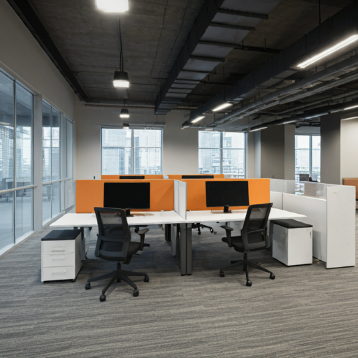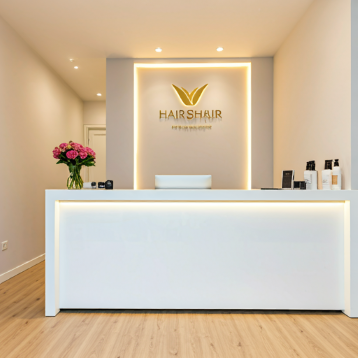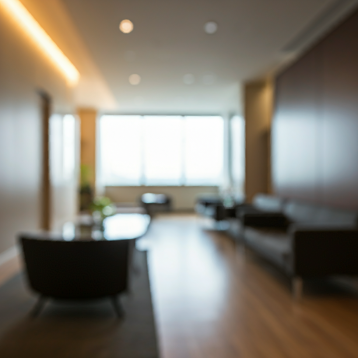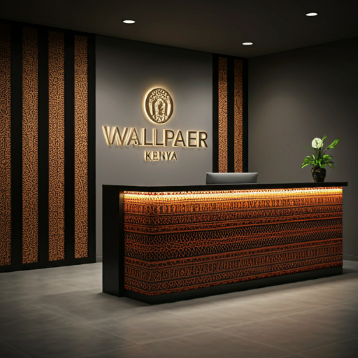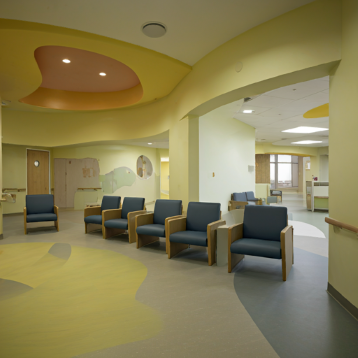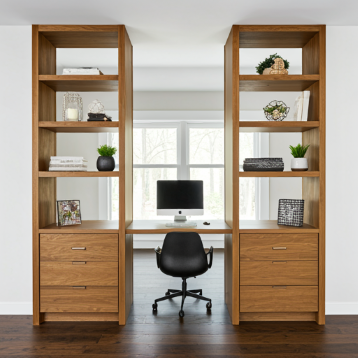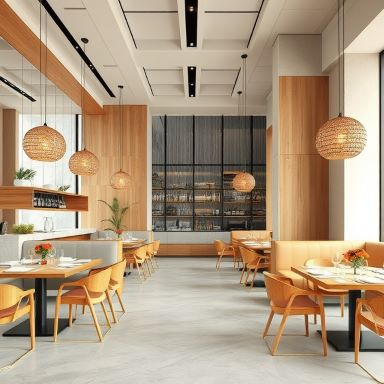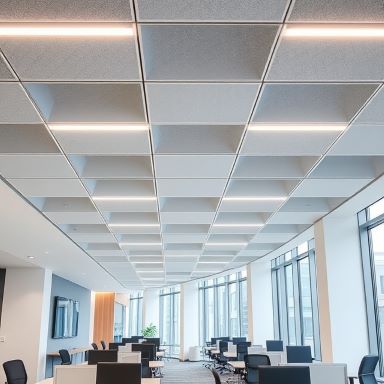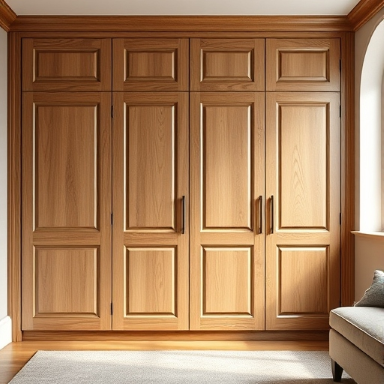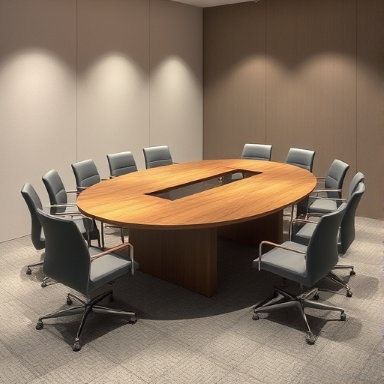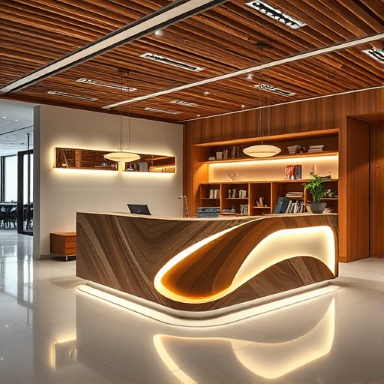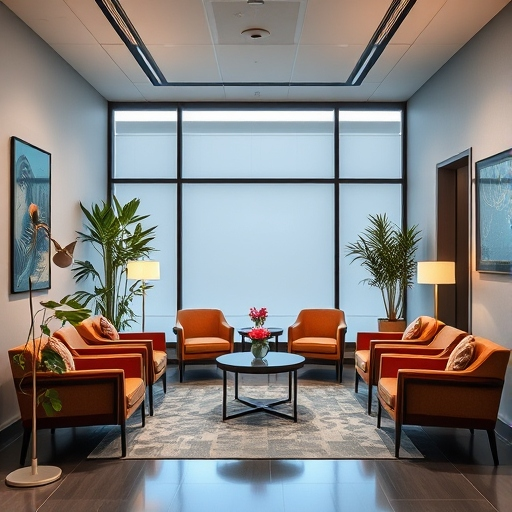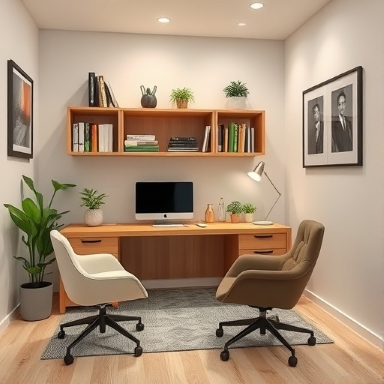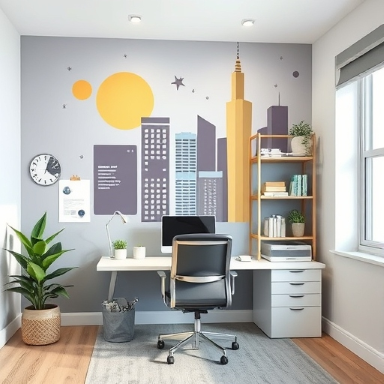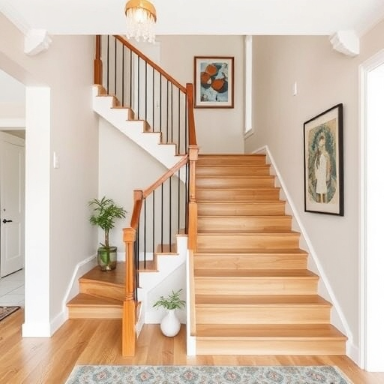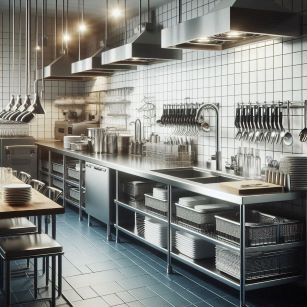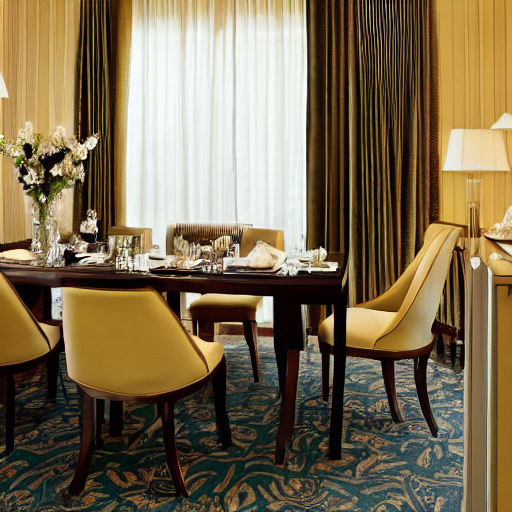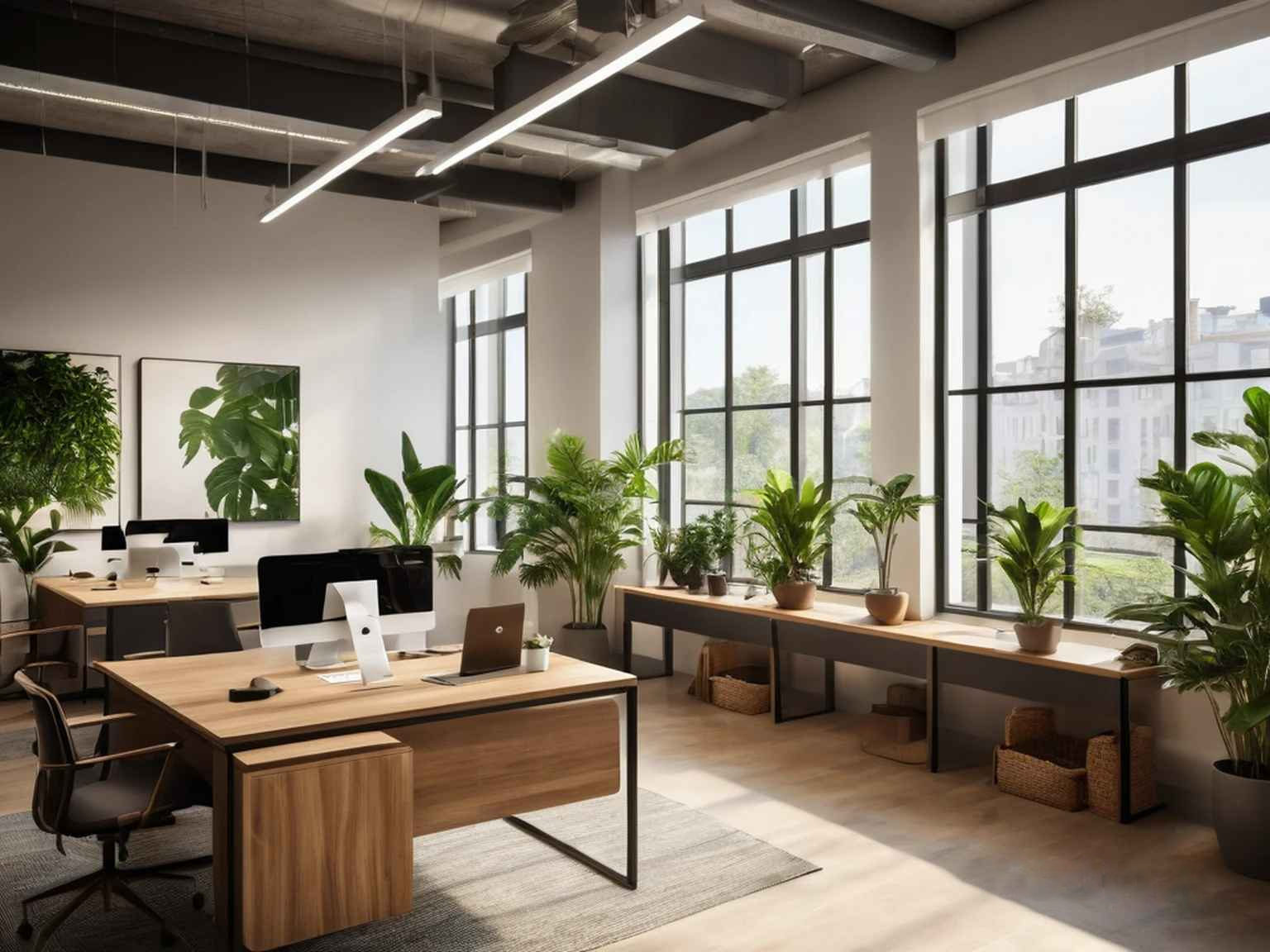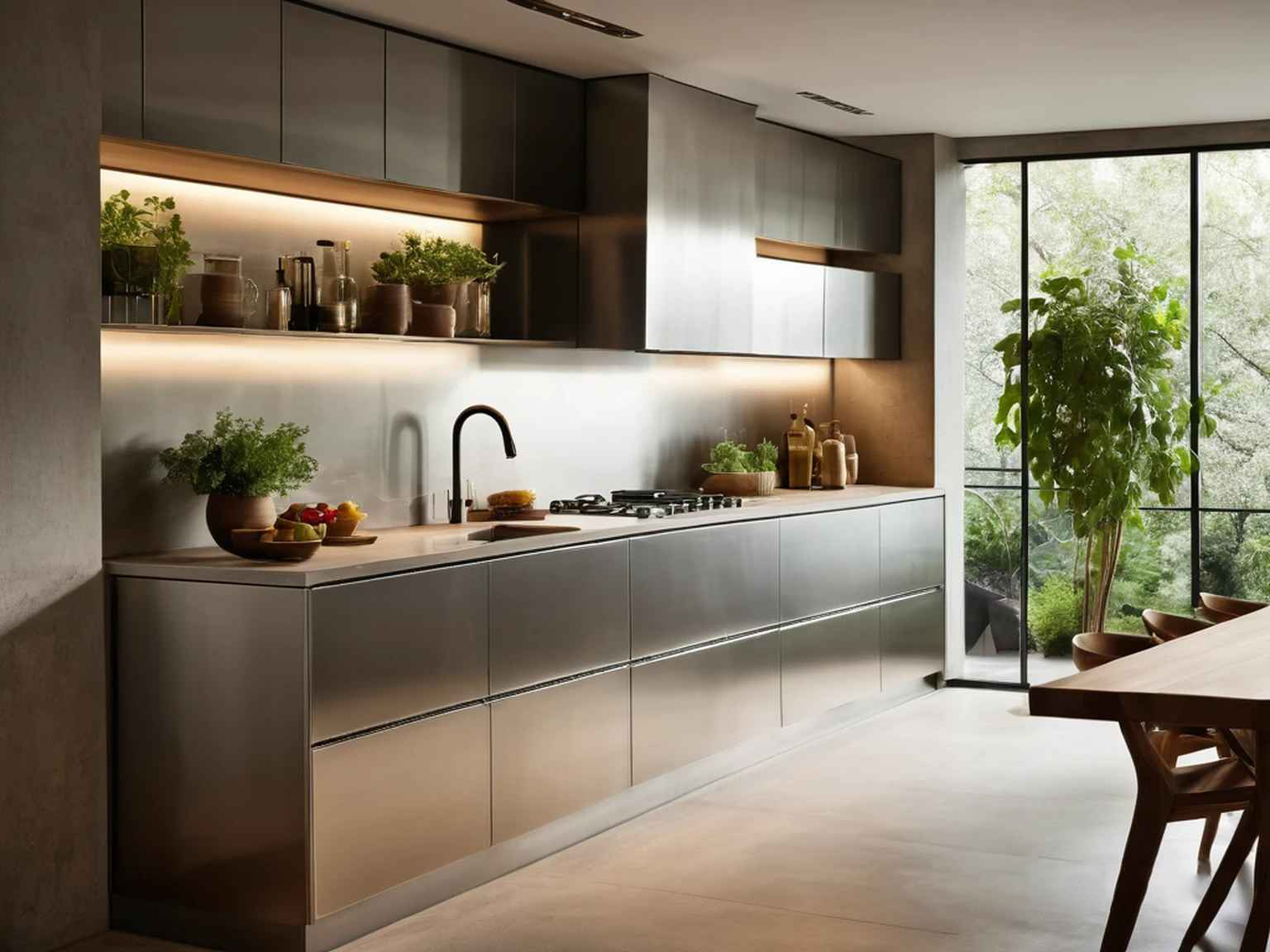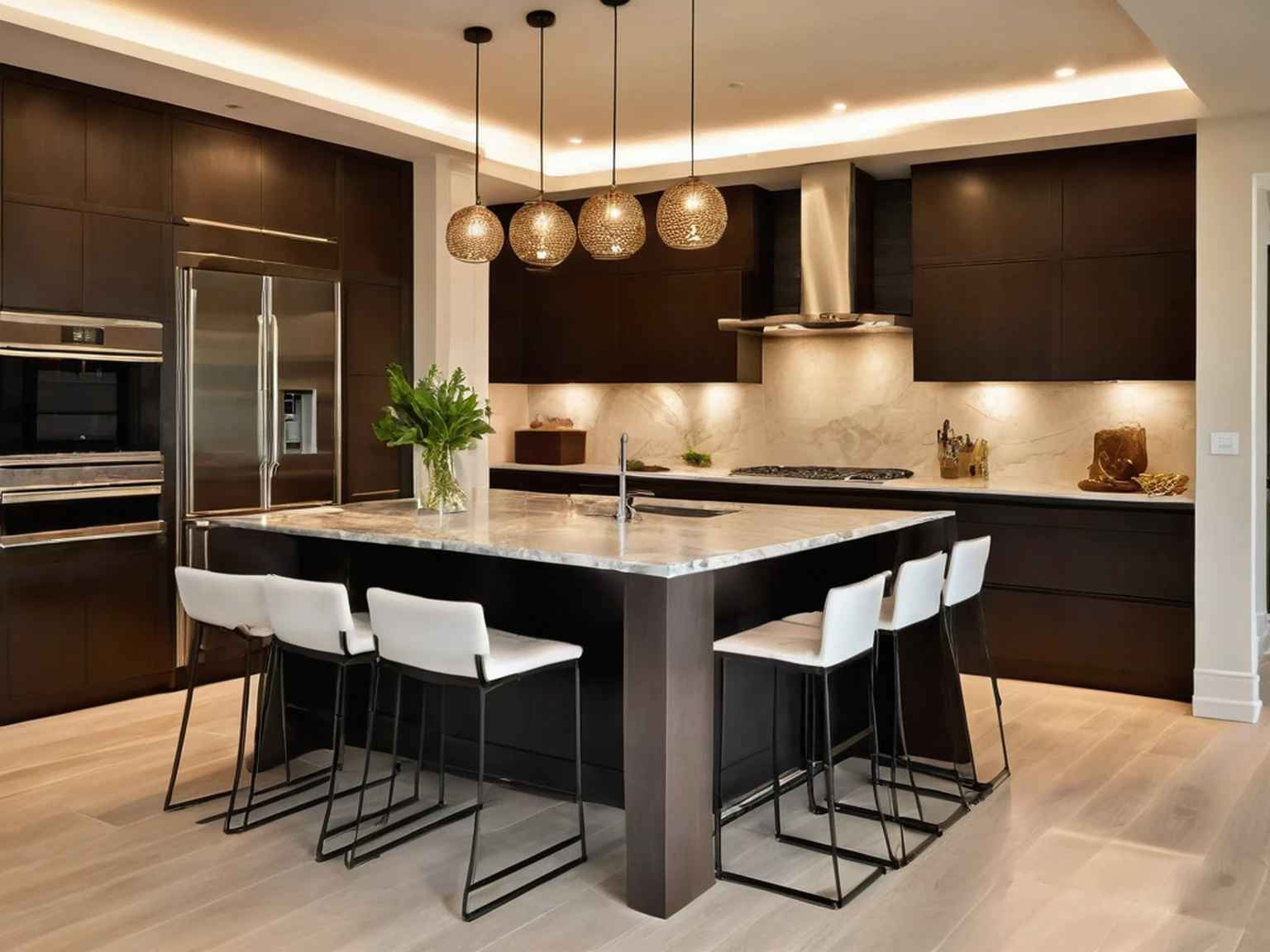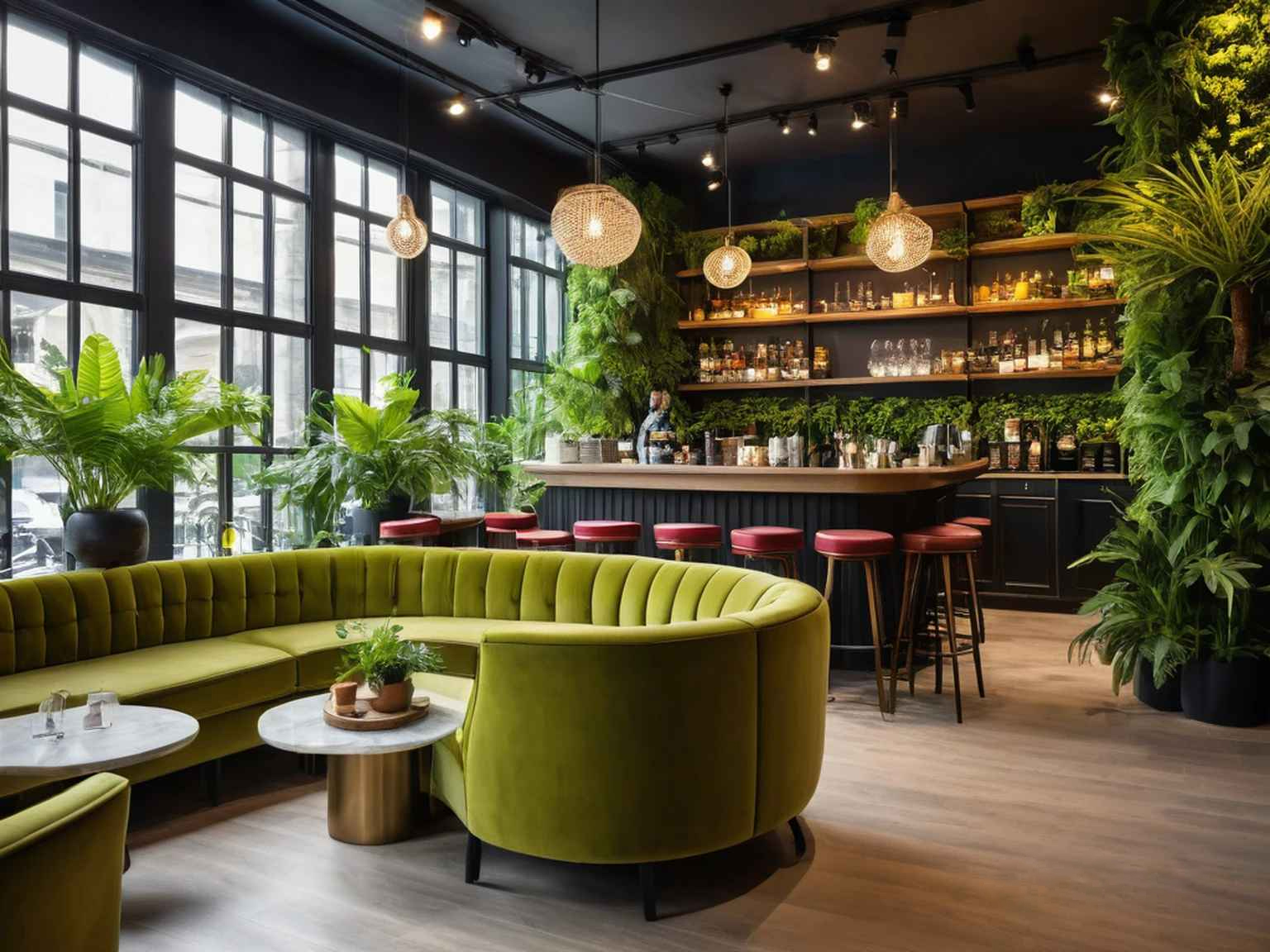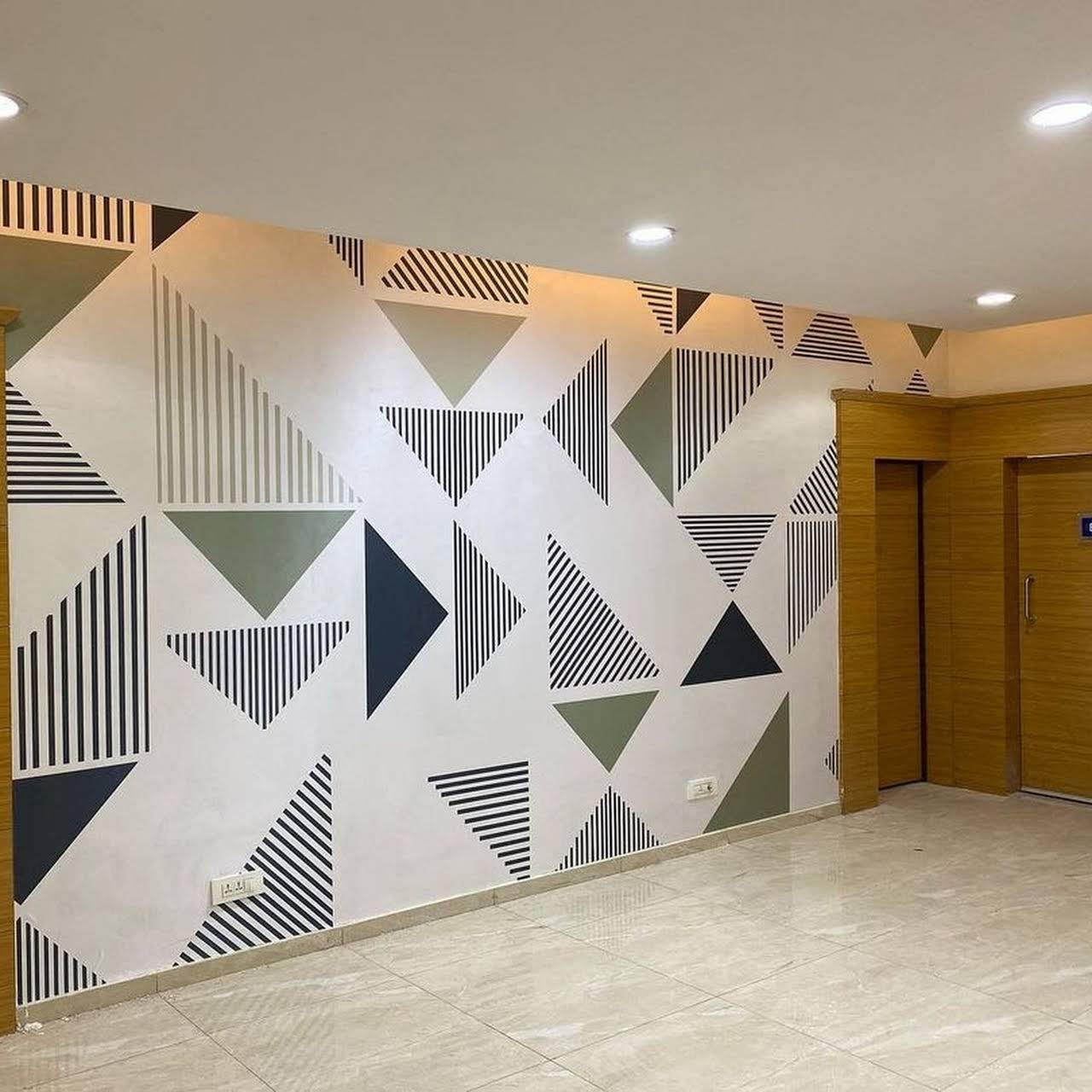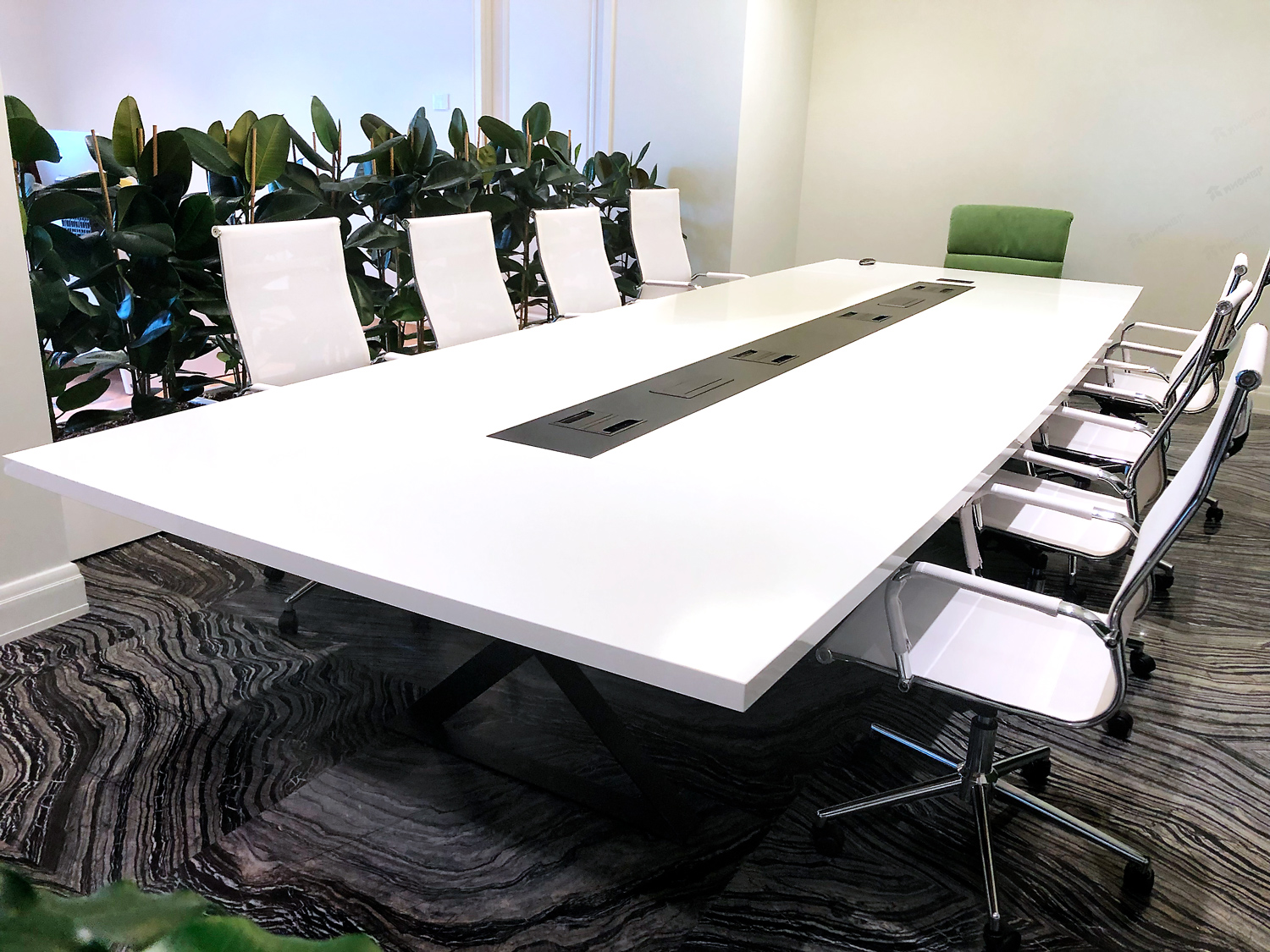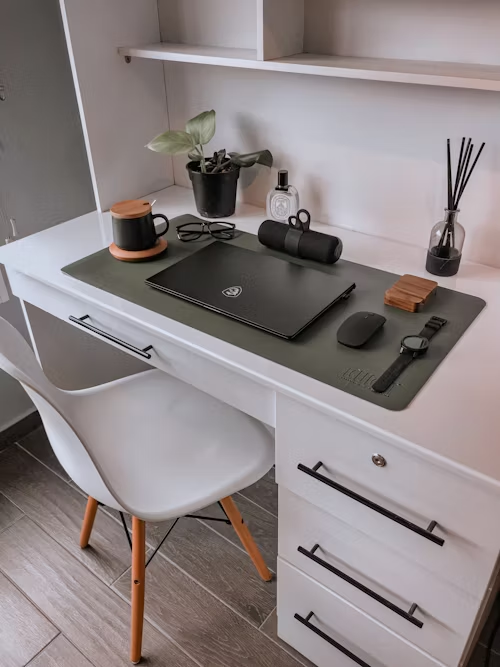Description
Office interior design solves not only ergonomic problems, as it was a couple of decades ago. But a well-thought-out office appearance shows your clients the concept of your entire company. The interior should sell the product before your potential buyer sees it.
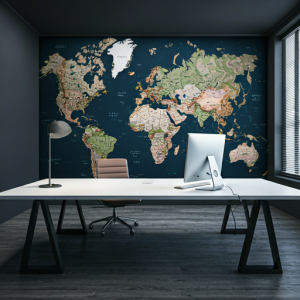
Furthermore, a cozy and beautiful office makes applicants want to work for your company. This means that design solves the issue of hiring employees.
Nairobi, Kenya, is slowly turning into a 24-hour economy and some corporations often allow employees to work flexible hours. Including at night. Therefore, everything in the office should be arranged so that a person feels as comfortable being there as at home.
Taking care of the health of their employees, large companies are setting up gyms next to their offices.
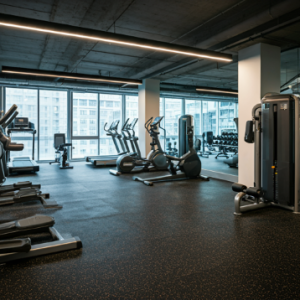
The ergonomics of the workplace are aimed at productivity and, as a result, the development of the entire company as a whole. Thus, the office today solves many problems and the design project must take into account each of them.
A conveniently organized space affects both the mood of employees and the productivity of work.
The interior of the office affects the atmosphere, the emotional climate, and the productivity of employees. And it stimulates high-quality work in the entire team.
The modern office is undergoing a significant transformation, driven by a shift in priorities towards employee well-being and productivity. As a result, interior design is evolving to accommodate these changing needs. One of the most prominent emerging trends is a focus on soundproofing. In an open-plan office environment, noise pollution can be a major distraction. Soundproofing elements such as acoustic panels, carpets, and plants are being incorporated to create quieter and more conducive working spaces.
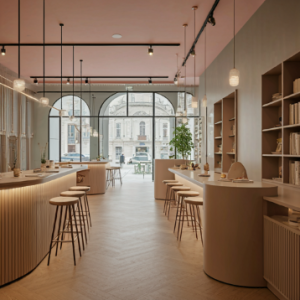
Interior design of offices versus residential spaces
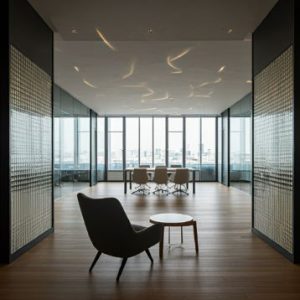
Commercial interior design, such as offices, is different from the process of implementing the design of a house or apartment.
Office renovation has a clear deadline. Any delay means extra costs. Therefore, the design work is regulated and threatens large fines in case of violation of the schedule. There might be no such tight time deadlines in the design of private houses.
Work on the interior of a commercial property most often begins without a contract. This is due to the specifics of coordinating all processes related to the legal side of the issue. The contract is signed approximately a month after the customer has confirmed their consent to work with the interior design company.
In order not to waste time, the contractor begins work with a letter of agreement.
Unlike private clients, there is virtually no emotional component to decision-making in corporations.
Office interior design generally has a clear structure. Work on a commercial project is carried out faster if it is divided into tasks and processes are parallelized.
When working on an office project, the commercial interior designer meets with decision-makers less often than with private clients. But he is obliged to seek these meetings without solving serious issues through intermediaries.
If a designer makes mistakes in a commercial project, it will affect their reputation. He will not be able to participate in tenders for several years.
Completed office interiors are easier to place in a portfolio due to their lack of privacy.
Features of office interior design of different types of companies
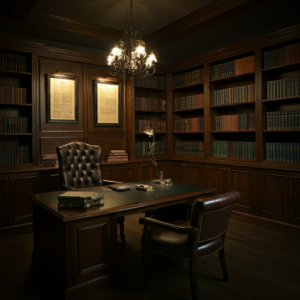
Of course, designing office spaces has its specific features. The corporate style of the company can be incorporated into the office design. It is influenced by the scope and specifics of the organization’s activities.
For creative companies (media editorial offices, design studios, holiday agencies, etc.) bright color schemes are often chosen. Creative decor is encouraged in such offices. But for banks, legal or oil companies, minimalism in decoration is preferable.
One of our main activities is the development of office interior design projects. With Wallpaper Kenya, the arrangement of office space is as efficient as possible. We study in detail the features of the functioning of offices.
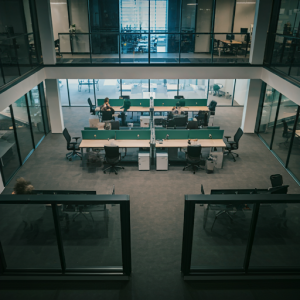 Our commercial interior designers focus on quality, not quantity. At the same time, we are always ready to deviate from the usual schemes. So that as a result you get an original space that fully meets the needs of your company.
Our commercial interior designers focus on quality, not quantity. At the same time, we are always ready to deviate from the usual schemes. So that as a result you get an original space that fully meets the needs of your company.
Your business partners and employees will certainly appreciate your new office interior design.
Office interior design layouts
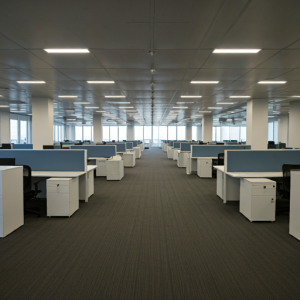 A well-designed office layout reflects the structure, production technology, style, and image of the company. Our team of professional architects and designers is ready to offer you the opportunity to receive a project developed by the best interior architects in Kenya.
A well-designed office layout reflects the structure, production technology, style, and image of the company. Our team of professional architects and designers is ready to offer you the opportunity to receive a project developed by the best interior architects in Kenya.
Before starting a project, we analyze your company’s work processes, identify professional growth areas then develop a well-thought-out and ergonomic office layout. And arrange office furniture and technical equipment so that every specialist in the company feels as comfortable as possible.
The office layout should be well thought out and solved in all details. Because the productivity of employees, and the profitability of the useful area of the premises depend on this. The office plan is thought out and developed at the first stage of design.
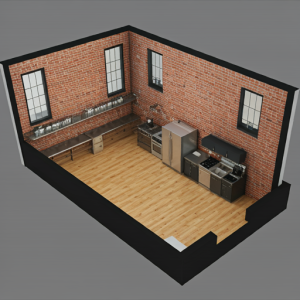
When developing office interior design for an organization’s space, we take many factors into account, such as, for example:
- Business area
- The number of employees
- Composition of the workforce
- functional division area
- ways to interact with visitors
- number of clients
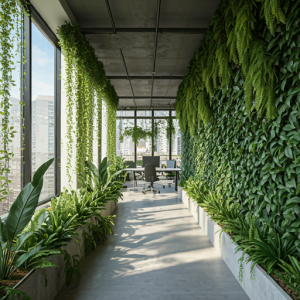 Depending on your preferences, the specifics of the activity, and the design of the premises, we offer a choice of several current types of functional organization in interiors:
Depending on your preferences, the specifics of the activity, and the design of the premises, we offer a choice of several current types of functional organization in interiors:
Classic offices and halls
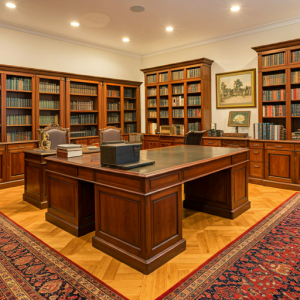 With classic office layouts, workers have a separate place to work, hidden from the eyes of prying eyes and allowing them to concentrate as much as possible during the production process.
With classic office layouts, workers have a separate place to work, hidden from the eyes of prying eyes and allowing them to concentrate as much as possible during the production process.
Classic office design evokes a sense of tradition and sophistication. Imagine rich wood tones throughout, from mahogany desks and bookshelves to warm parquet flooring. Walls might be adorned with fabric wallpaper or wainscoting. And large windows draped in luxurious curtains. Leather executive chairs and plush armchairs in waiting areas provide a comfortable yet stately feel. The overall impression is one of timeless elegance, fostering a sense of trust and stability. Think of a banker’s office or a prestigious law firm – a space built to inspire confidence and focus.
Open-plan office interior design
A type of functional organization, open-plan is a single space with low translucent workplace dividers and a minimal set of furniture in the interior.
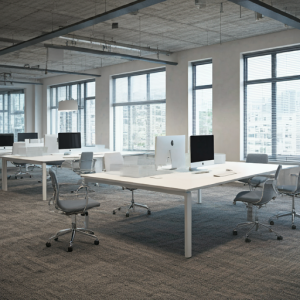
Open-plan offices ditch cubicles for a collaborative workspace. Think large, open areas with designated work zones. Desks can be grouped by team or function, with comfy lounge areas scattered around for brainstorming sessions.
To create a vibrant atmosphere, incorporate natural light and a variety of seating options – think ergonomic chairs, high tables for perching, and low sofas for casual chats.
While openness is key, don’t forget sound control. Privacy pods or sound-masking systems can be used for focused work. Plants and strategically placed dividers can also help visually break up the space.
Mixed modern options
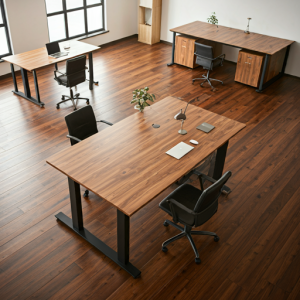 Depending on your preferences, it is possible to develop a project that involves dividing into offices using glass sheets or a combination of a classic layout and open space, depending on the functional responsibilities of employees.
Depending on your preferences, it is possible to develop a project that involves dividing into offices using glass sheets or a combination of a classic layout and open space, depending on the functional responsibilities of employees.
Designated Work Zones
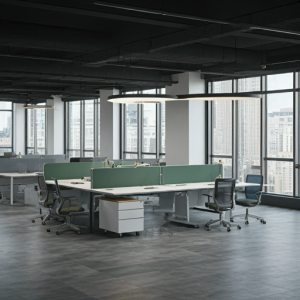 Instead of individual cubicles, create defined areas for different functions – a quiet zone with traditional desks for focused work, and an open collaboration area with communal tables and lounge seating.
Instead of individual cubicles, create defined areas for different functions – a quiet zone with traditional desks for focused work, and an open collaboration area with communal tables and lounge seating.
Semi-Transparent Partitions
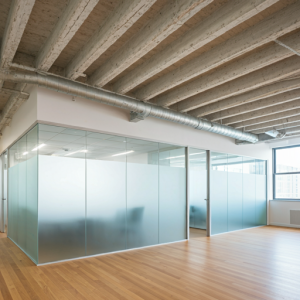 Use frosted glass walls or bookcases to separate work zones while maintaining a sense of openness and allowing natural light to flow.
Use frosted glass walls or bookcases to separate work zones while maintaining a sense of openness and allowing natural light to flow.
Classic Accents
Incorporate timeless elements like rich wood furniture, leather chairs, and oriental rugs in specific areas like executive offices or meeting rooms. Adding a touch of sophistication to the modern open space.
Technology Integration
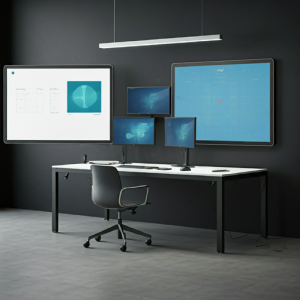 Modernize the classic elements by integrating technology seamlessly – hidden power outlets, mounted projectors in conference rooms, and charging stations throughout the open space.
Modernize the classic elements by integrating technology seamlessly – hidden power outlets, mounted projectors in conference rooms, and charging stations throughout the open space.
This blend fosters a professional environment that caters to both individual focus and team interaction.
Types of office premises
When working on a design, our main task is thoughtful zoning of space. For this purpose, we study the following types of office premises:
Head office interior design
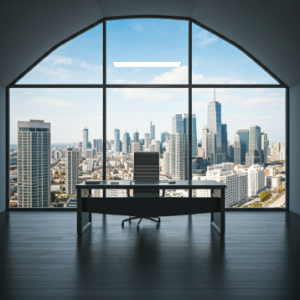
When developing the design of a manager’s workplace, it is necessary to remember that the environment in the room should demonstrate the status of the person and his reliability as a business partner.
As a rule, it is in the office of the head of the organization that the most important negotiations with clients and general meetings of employees take place. And, therefore it is important to determine the optimal size of the room. And the set of necessary pieces of furniture in the interior and their functional placement in a limited space.
In modern design, the offices of directors of large organizations are spacious, stylish rooms, with bathrooms, workspace, and a set of shelving for documents, books, and honorary personal awards.
In addition, it is recommended to establish a separate technically sophisticated area for consultations and negotiations via video communication.
If the manager has a personal assistant, it is necessary to provide a uniform style for adjacent offices.
Reception office
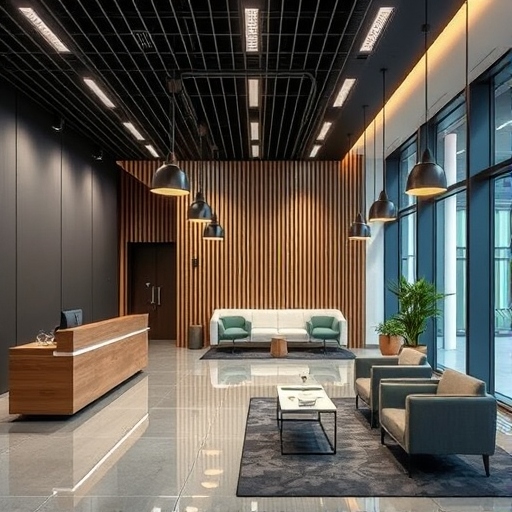
The calling card of any company is its reception area. As a rule, a reception desk is located in it or the administrator’s workplace is otherwise equipped, as well as comfortable places for waiting visitors.
It is recommended to design the area in a color scheme that matches the corporate style and also to use the organization’s logos when decorating the entrance area.
Depending on the specifics of the activity, it would be appropriate to place a stand in the reception area. With documents confirming the qualifications of employees or honorary awards of the enterprise.
Employee’s workplace
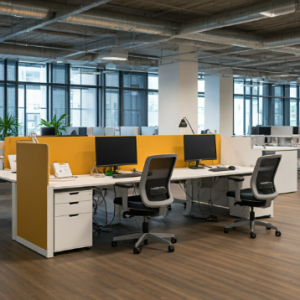
Comfortable working conditions for employees are of great importance when hiring employees. Highly qualified personnel are more willing to accept offers of cooperation if the workplace meets ergonomic conditions, is thought out to the smallest detail, and is tastefully decorated in an up-to-date design.
In addition, productivity in aesthetically pleasing environments has also been proven to increase.
Regardless of the type of organization of workspaces – classical or open, it is necessary to carefully consider the comfortable isolation of each employee, technical equipment, and comfortable working conditions.
In coworking, screens, blinds, or sliding structures can be used to ensure the privacy of employees, according to the chosen design.
If there are offices, attention is paid to the correct arrangement of furniture, especially when placing several workstations in one room.
Rest and dining area
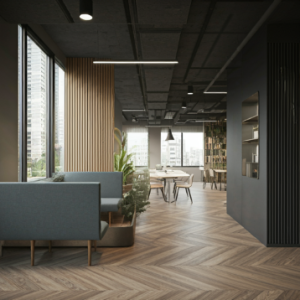 Modern workflow standards require specialists to provide a coffee break or full lunch area in addition to workstations when developing an office design.
Modern workflow standards require specialists to provide a coffee break or full lunch area in addition to workstations when developing an office design.
The presence of such functionality in the office space is also an advantage of the organization. And indicates the interest of the business owner in the comfort of his team members.
Several soft chairs, a small dining area, and a set of kitchen furniture and appliances allow employees to take a full break from the production process. And significantly increase the attractiveness of working conditions.
Depending on the size of the area, the number of employees, clients, and technical capabilities, a lounge area, a meeting room, rooms for negotiations and receiving clients, etc., may be additionally provided.
Office Interior Design Options
The design of the office space should, first of all, make the desired impression on visitors. The choice of interior style depends on this.
Office in a classic interior design style
The classic style, designed in office premises, characterizes the manager and the organization itself as reliable, adhering to accepted norms and rules of doing business. Such office interiors are always filled with an atmosphere of success, luxury, and nobility.
Dark wood in the offices will emphasize the status of your company. But light shades of wood will create an impression of sophistication and elegance.
Urbanism in office interiors
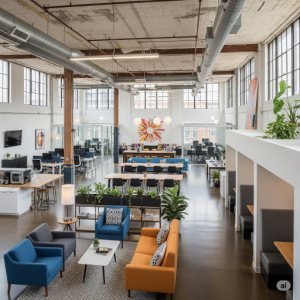 The urban loft as a basis for office design is often used in coworking and other open space options.
The urban loft as a basis for office design is often used in coworking and other open space options.
Metal and wood in the bases of furniture items give the space a brutal character. The loft style in the interior is distinguished by the mobility of changes in the environment and allows you to tastefully dilute its restrained character with accent pieces of modern art.
The greening of a loft office is also an element of aesthetics and visual harmony in the premises. In a modern urban interior, large-scale vertical greening of walls is popular.
Designers advise placing single accents with the help of bright pieces of upholstered furniture:
Modern office design
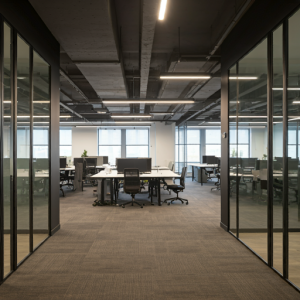 The commitment to space and minimalist styles in interior design is reflected in modern office space design options.
The commitment to space and minimalist styles in interior design is reflected in modern office space design options.
Laconic colors, metal, glass, and plastic are used in interior decoration.
Tracking lamps and directional lighting systems are used to illuminate workplaces.
In offices, the technological direction is emphasized by the shocking decoration of internal engineering systems, the abundance of smart glass, and the metal foundations of the building.
The eco direction is characterized by an abundance of wooden elements in the office interior and large-scale landscaping of the space.
Modern interior design style uses bright accents of color, works of modern art, and the most functional furniture with a minimum amount of it.
Often, when choosing office design, several stylistic trends are combined. Experts define this combination as eclecticism.
Industrial chic office design
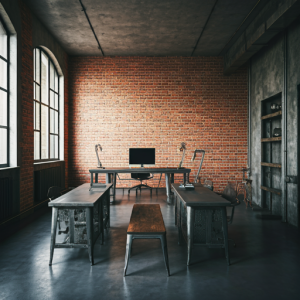 Embrace the raw and refined with industrial chic office design. Exposed elements are key: think brick walls, concrete floors, and ductwork painted black for a graphic punch. Balance the cool tones with reclaimed wood furniture and warm metals like copper or brass. Large windows flood the space with natural light, while statement lighting adds a touch of modern edge. Don’t forget the greenery! Plants soften the industrial vibe and boost air quality. This unique blend creates a stylish and inspiring workspace for your team.
Embrace the raw and refined with industrial chic office design. Exposed elements are key: think brick walls, concrete floors, and ductwork painted black for a graphic punch. Balance the cool tones with reclaimed wood furniture and warm metals like copper or brass. Large windows flood the space with natural light, while statement lighting adds a touch of modern edge. Don’t forget the greenery! Plants soften the industrial vibe and boost air quality. This unique blend creates a stylish and inspiring workspace for your team.
Biophilic interior design style
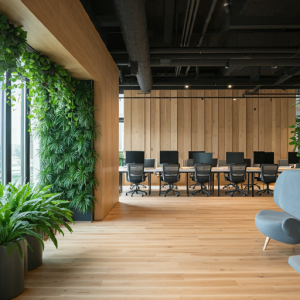 Imagine an office that feels energizing and calming, all at once. Biophilic office design achieves this by bringing nature indoors. Here’s how to create your biophilic oasis:
Imagine an office that feels energizing and calming, all at once. Biophilic office design achieves this by bringing nature indoors. Here’s how to create your biophilic oasis:
- Living Walls: Vertical gardens filled with lush greenery add a vibrant focal point and purify the air.
- Abundant Plants: Scatter a variety of low-maintenance plants throughout the office – on desks, shelves, and in hanging baskets. opt for air-purifying varieties like snake plants or spider plants.
- Natural Materials: Incorporate wood, stone, and bamboo elements into furniture, flooring, and accents. These textures evoke a sense of the outdoors.
- Water Features: The gentle sound of a tabletop fountain or a small indoor pond can be incredibly calming and add a touch of tranquility.
- Natural Light: Maximize natural light with large windows or skylights. Strategically placed task lighting complements the natural light for focused work.
- Beyond Aesthetics: Biophilic design isn’t just about visual appeal. It’s scientifically proven to improve employee well-being, creativity, and productivity. Create a haven for your team, inspired by nature.

